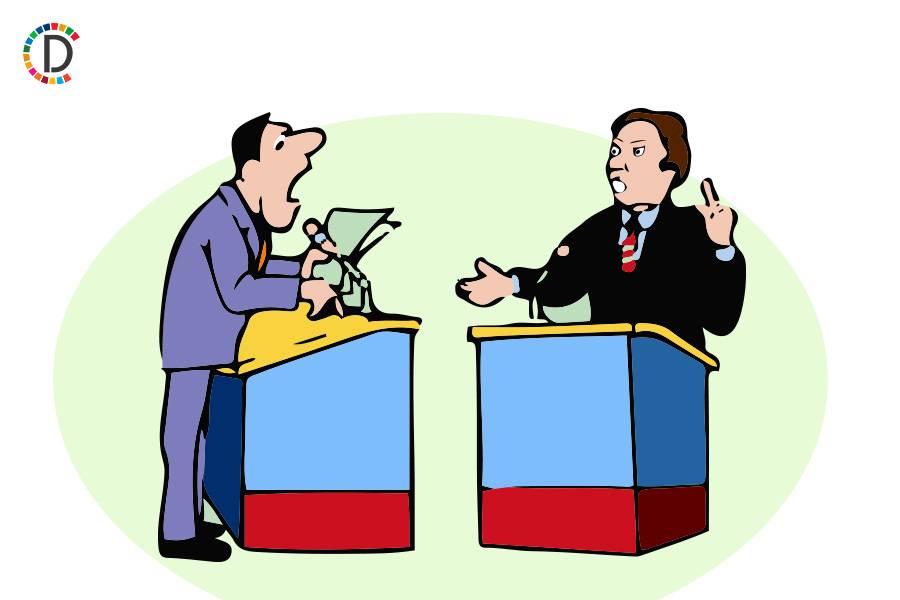Peace envoy steps in to try to ensure functioning govt after Bosnians vote
"It does not matter if old or new (politicians) win, they just need to change something in their minds for the sake of our young people," she said as she arrived at a polling station. Election campaigning by ruling ethnic parties was dominated by nationalist rhetoric, focusing on themes of protection of national interests and criticism of opponents rather than on issues such as jobs and soaring inflation.

Bosnia's polls closed on Sunday after voters turned out to choose the country's new collective presidency and lawmakers at national, regional and local levels, in a contest between entrenched nationalists and economy-focused reformists. The first official results are expected at midnight, but political parties are expected to come out with their own results around 10 p.m. (2000 GMT)
Bosnia is going through its worst political crisis since the end of its war in the 1990s, prompted by the separatist policies of the Serb leadership and threats of blockades by Bosnian Croats. Just an hour after polls closed, the international peace overseer for Bosnia imposed changes to the election law, setting deadlines for the formation of government.
Bosnia comprises two autonomous regions, the Serb-dominated Serb Republic and the Federation shared by Bosniaks, or Bosnian Muslims, and Croats, linked by a weak central government. The Federation is further split into 10 cantons. There is also the neutral Brcko district in the north. Former German politician Christian Schmidt, who has vast powers as international High Representative in Bosnia, acted to enable a functioning government, he said.
"It is crucial for the destiny of this country there will be no blockades," Schmidt said addressing public in a Youtube message. "That is why I impose the measures that will improve the functionality of the institutions of the Federation." Croat leaders had warned that they might block the formation of a new Federation government after the election unless the election law is changed to bolster their representation in the parliament's upper house.
Mubera Sarac, a pensioner in Sarajevo, hoped the elections would bring change, especially for young people. "It does not matter if old or new (politicians) win, they just need to change something in their minds for the sake of our young people," she said as she arrived at a polling station.
Election campaigning by ruling ethnic parties was dominated by nationalist rhetoric, focusing on themes of protection of national interests and criticism of opponents rather than on issues such as jobs and soaring inflation. A lack of reliable polls has made it difficult to predict the outcome, but many analysts believe nationalist parties will remain dominant and that the biggest change may come in the Bosniak camp, which is the largest and most politically diverse.
Turnout was 50% by 7 p.m. (1700 GMT) but figures were still missing from some polling stations that stayed open longer, election authorities said. Despite reports of irregularities and the detention of some people over ballot fraud, officials said the vote had proceeded in a satisfactory manner.
(Additional reporting by Reuters TV; Editing by Jan Harvey, Alexander Smith and Nick Macfie)
(This story has not been edited by Devdiscourse staff and is auto-generated from a syndicated feed.)










